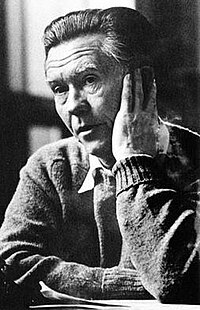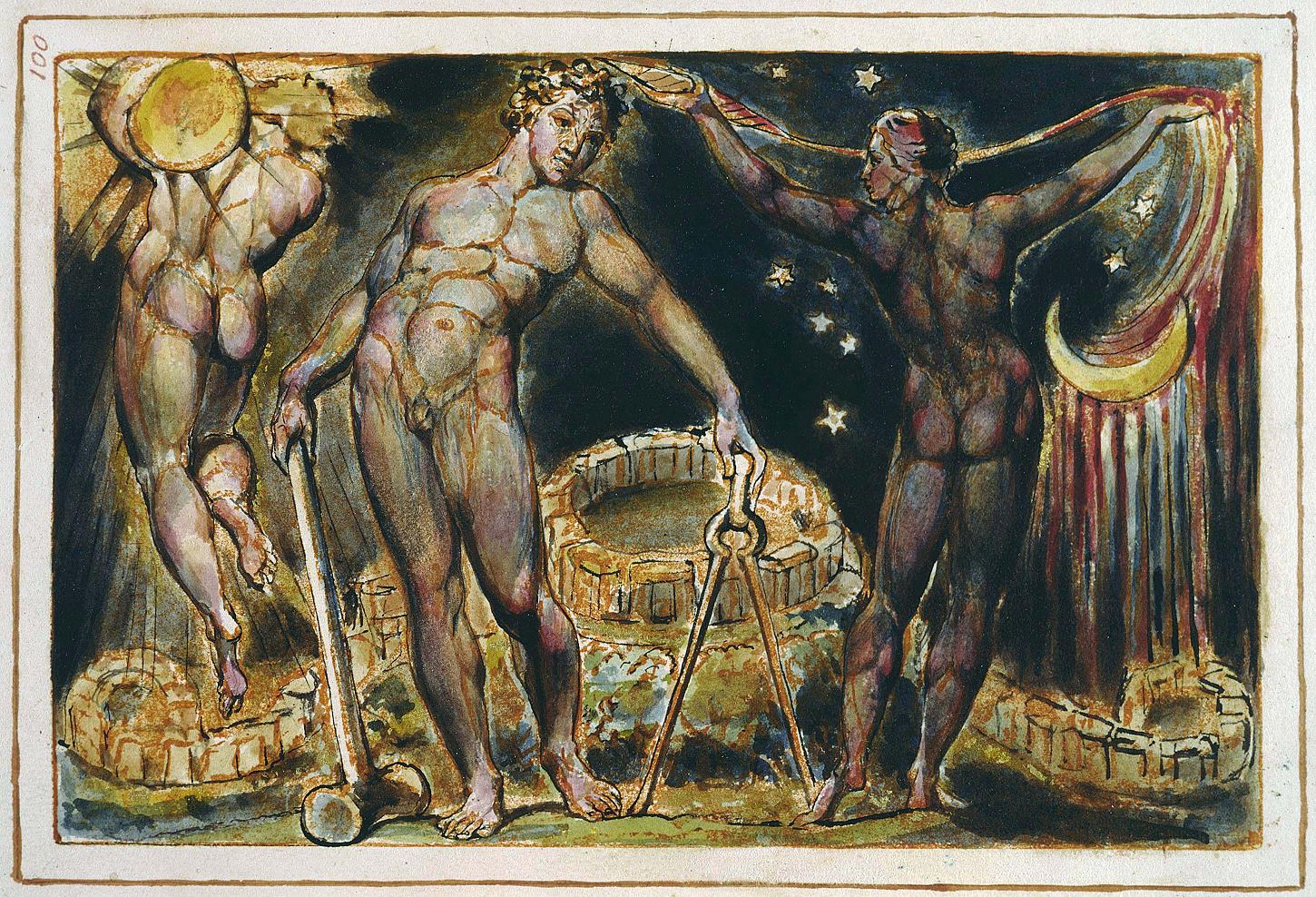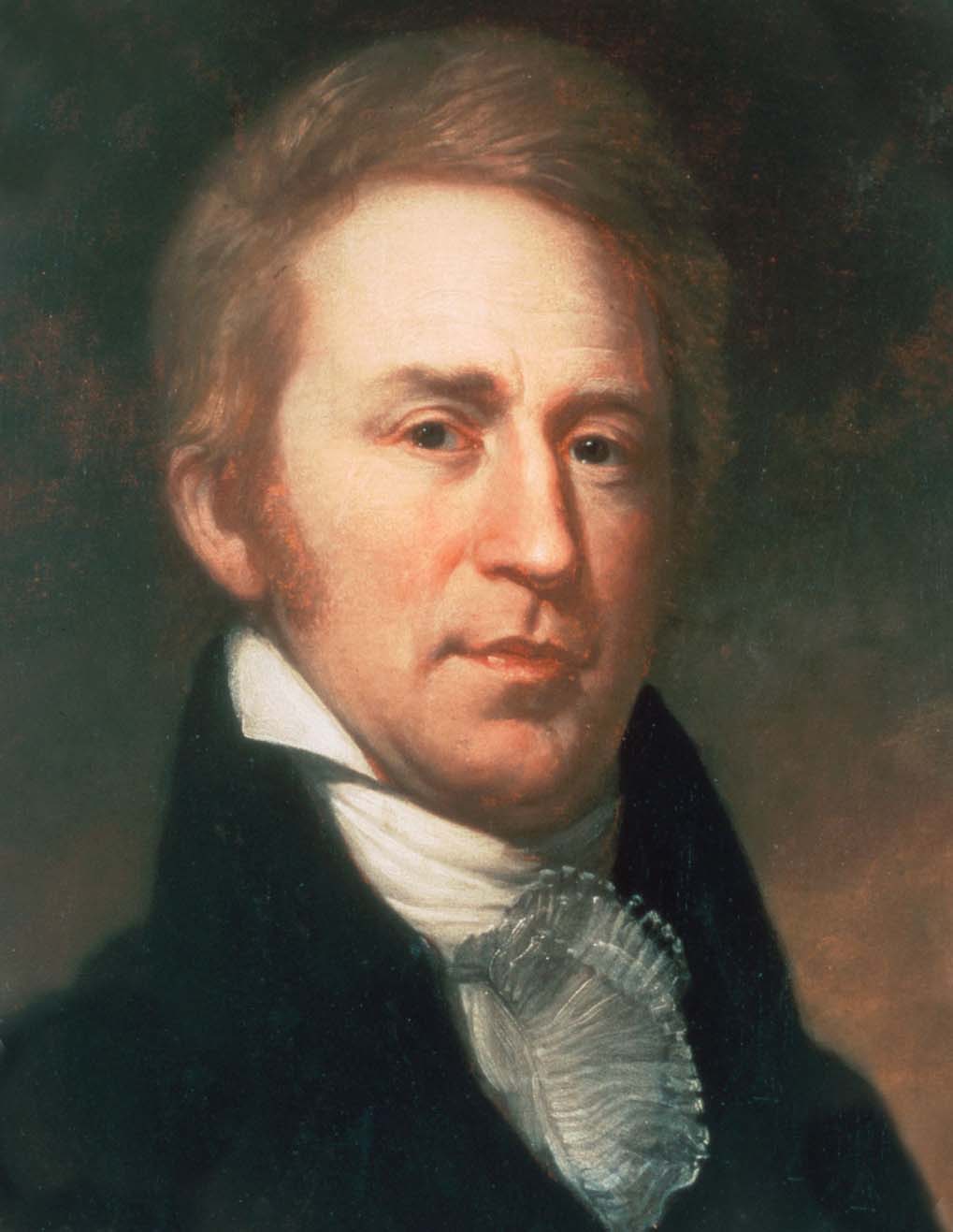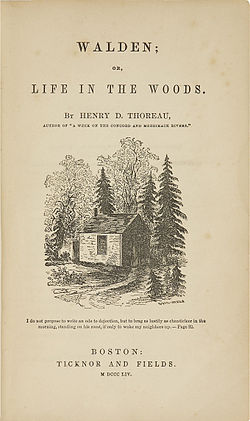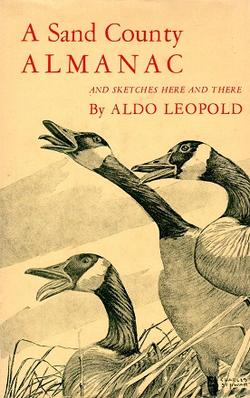In a residential neighborhood in the north part of Northeast Portland, I turn the wheel of the Bimmer and merge into the slow traffic on a placid boulevard with a grass median. After half a block I pull and over to parallel park along the curb in front of a two-story green house, the kind one sees in this part of town.
From the open trunk I take out out a summerish bouquet of flowers---orange, gold, red, brown---which I put into a paper sack printed with the name of a local grocery store chain. In the sack I also put a few other items, including two bottles of Imperial Stout. I close the trunk and carry the sack, along with my red backpack, up the steps to the front door.
On the covered porch is a table with toys on it, and large sign in a child's handwriting: Toys For Sale. I recognized it immediately from a photo I'd seen on Facebook a couple days before.
Through the glass window across the hardwood floor, I can see Nick in the dining room room. He comes to the front door and opens it. Kat comes out of the kitchen to greet me. Their young son is also in the dining room. I give Kat the flowers and she goes into the kitchen to put them in a vase.
She says she likes the bouquet. I tell her where I got them, which is not far from their house. "They sell them right out front of the store by the parking lot," I say. "I was looking them over, and the woman there who makes the bouquet basically said buy this one, so I did."
It turns out their son is about to leave for the evening, to spend time with a friend. Before he leaves I give him a multi-tool survival kit that I had bought at the market where I had bought the beer and flowers.
"I saw you were divesting yourself of some toys, so I thought maybe you'd want something more grown-up," I tell him.
In the kitchen Nick prepares the chicken to take out to the bar-b-cue in the backyard. A door from the kitchen leads out to the patio.
I take the two bottles of Imperial Stout from the sack and place them on the counter. Nick and Kat are already drinking Coors. They offer me their own beer, but they don't mind if I drink my own, which is what I intend to do. Kat gets me a cold beer glass form the freezer while I open one of my bottles of Imperial Stout.
"I can't drink yellow beer," I tell them. "It's like poison to me. But I can drink all the dark beer I want, and it doesn't hit me."
Kat leaves to take their son to his friends.
In the backyard Nick and I chat while he starts the coals. He is a native of this town, although most of his family is from California, a place he likes a lot. I tell Nick how nice it is to be back in Portland, especially now that I've found a way to appreciate it.
We both agree that summer is the glory of Oregon, and that this summer has been very nice.
"This time of year is the big pay-off for being here the the rest of the year," I say, repeating something Red had told me.
Nick agrees.
"This is the time of year that people from out of town wander into the bookstore with starry eyes and say I looooooove it here," says Nick.
"I tell them to come back in January and see if you still think so."
"In college and the years afterwards I always seemed to come here in the fall," I say. "I've put plenty of time in the dark side of the calendar here. I've earned some Oregon summer."
Nick agrees with that too.
Then we talked about people we knew, including ones from way back in college, and ones we know now, including Adam and Marie.
Adam is a creative director. The two of us worked on the campus newspaper together. For years he has made a successful business of using his computer and other tools to create such things as logos, booklets, brochures, and corporate identities. He also does voice work for advertising. From my experience of him, I think of him as the Digital Tramp Printer, to paraphrase his grandfather.
His wife Marie is an artist, primarily a sculptor. I met her in an art class back in college. She's very successful. Her show just ran at the Denver Art Museum. Adam does a lot of her creative identity work on-line.
Kat comes back out to the patio with a beer to join our conversation. We talk about the nature of being a creative person. Kat laments that her work as vice president of bank is not creative, but at least it pays the bills.
"Nothing wrong with helping to turn the crank of the world," I say.
Nick mentions that he no longer is writing plays. "I'm through with that," he says. "I'm writing short stories now."
We talk about some of our creative-oriented friends, including Adam and Marie.
"Adam doesn't think what he does is art," Nick says.
"He always says that real creativity is what Marie does," says Kat.
I burst out laughing. "You're kidding!" I say. "If I were to put the names of creative people I know into a bin, his name would be one of the first," I say.
Of course Nick and Kat agree with me.
Nick says, "Adam's always telling me too: you're the one who does creative work. I try to set him straight. That's how he is."
At that point I remember something I had brought in my backpack. I excuse myself and I go into the house to get it.
After I get it, I unzip my backpack and pull out a large square piece of cardboard, about a foot in length on each side. The stiff cardboard is actually a flat envelope package with an address label on it. The handsome packaging is decorated with small outlines of the state of Oregon inscribed with the name of a local bookstore.
"What's that?" Nick asks.
"Is that your book?" Kat says to Nick.
"It is " I say, with affirmation.
Nick is curious about the packaging. I had assumed he would recognize it immediately, but he's never seen anything like that. We both agree that it is a very nice design.
"I liked this shipping package so much that I decided to keep it unopened until I got here. It rode like this in my car all the way from Colorado, through Glacier National Park and down through Spokane."
Nick gets a big laugh thinking about that image.
Then I tell him, "I had the idea that maybe we could leave it like this, and you could just sign the package unopened. What do you think?"
They both love the idea.
Kat asks me what color sharpie I think Nick should use. Black, we both agree. Can't go wrong with that. She gets one out of the house and hands it to Nick. He laughs as he signs the package.
As he writes a message on the package, he says "The message is an inside joke. Adam hates it when people say this."
"I'm gonna frame it just like that," I tell him.
We have dinner in the dining room. Kat goes over to their stereo and asks me what band I want to hear, pointing to their row of classic albums in the cabinet. I see the unmistakable spine of an album I once owned and tell her, E.L.O.
Kat is pleased with my choice. Without hesistation she pulls the album I had spotted out of the stack.
"E.L.O." she says, "---which is really Jeff Lynne."
"---which is really Sgt. Pepper," I add, playfully.
The needle drops on the vinyl and the first song on Side One starts. I know all the lyrics.
The dancing shadows on the wall
(The two step in the hall)
Are all I see since you've been gone
During dinner, Kat changes the record at the end of each side. The song "Mr. Blue Sky," at the end of Side Three, comes on as they are clearing the table and putting the dishes into the sink.
I remark how the song was barely got any radio play when the album was released. It was just a curious minor track on that album. But in the last ten years or so, it had become a popular song for the soundtracks of television commercials and movies.
Later after dinner, out on the patio, I bring out the bottle of whiskey that I won in a bar in Nevada, that I promised Nick we'd split, if it made it to Oregon intact in my trunk. Kat drops down three shots glasses on the railing of the deck and we down them together. Very smooth.
Later in the dark as Nick and I sit outside next to the shot glasses and the bottle, talking about the present and future of Portland as a city. We discuss the famous Portland urban growth boundary, and how it has shaped the city and its suburbs.
Nick bemoans that because of higher rents in East Portland, theater companies long established in the old neighborhoods of that part of the city were being driven out to the far-flung suburbs.
"I saw the same thing happen in Seattle," he says, with exasperation. "It's already happening here now. It's goodbye Hawthorne, hello Hillsboro."
While he's talking my cellphone gives me an email notification of a message that Kat has posted a Facebook status update about our doing the whiskey shots.












